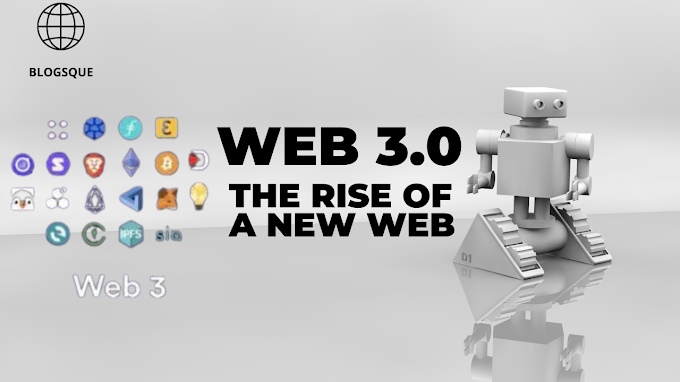
Artificial
Intelligence is not a new concept

Myth #1: AI is only used for
high-tech applications
AI can be used for a wide range of
tasks, including simple ones like sorting emails or complex ones like
diagnosing cancer. In fact, AI is being used more and more in everyday
applications such as search engines, navigation systems, and fraud detection.
Myth #2: AI is only for big
companies
Anyone can use AI, regardless of the
size of their company. There are many AI tools and services available that are
affordable and easy to use. For example, Amazon’s AWS offers a variety of AI
services that can be used to build smart applications.
Computerized
reasoning(AI) isn't only for huge organizations

1. Artificial intelligence is only
for large businesses.
2. Artificial intelligence is too
expensive for small businesses.
3. Small businesses don’t have the
data to train an AI system.
4. Only tech companies can use AI.
5. AI is only for customer-facing
applications.
All of these misconceptions are
wrong. AI is not just for large businesses; small businesses can benefit from
AI as well. Artificial intelligence is not too expensive for small businesses;
in fact, it can be a major competitive advantage for small businesses. Small businesses
have the data to train an AI system; in fact, they may have more data than
larger businesses, because they are less likely to have legacy systems that are
difficult to integrate with new data sources. Any business, not just tech
companies, can use AI; in fact, many non-tech companies are already using AI to
gain a competitive advantage. And finally, AI is not just for customer-facing
applications; it can be used in many different areas.
Artificial
Intelligence will not take over the world
.jpg)
You
do not need to be a computer expert to work with Artificial Intelligence

2. Artificial Intelligence can help
you automate tasks
If you find yourself doing the same
task over and over again, then Artificial Intelligence can help you automate
that task. This means that you will be able to get the task done without having
to do it yourself. This can save you a great deal of time and exertion, as well
as cash.
3. Man-made reasoning(AI) can
further develop your thinking abilities
When you are making decisions, you
often have to weigh up a number of different options. This can be a difficult
task, especially if you are not used to doing it. However, Artificial
Intelligence can help you make better decisions by providing you with more
information. This means that you will be able to make better decisions quicker
and more efficiently.
4. Computerized reasoning(AI) can
assist you with learning new things.
If you want to learn new things,
then Artificial Intelligence can help you do this. There are a number of
different ways in which Artificial Intelligence can help you learn new things.
For example, it can provide you with new information that you would not have
otherwise had access to. It can also help you learn new skills by providing you
with practice exercises. Artificial Intelligence can improve your communication
skills.
Computerized
reasoning(AI) can be utilized forever or awful

Conclusion
Artificial intelligence is still in
its early developmental stages, which accounts for many of the misconceptions
about it. Man-made intelligence(AI) is at the
focal point of another undertaking to fabricate computational models of
knowledge. The primary supposition that will be that knowledge (human etc.) can
be addressed as far as image structures and representative tasks which can be
customized in a computerized PC. There is a lot of discussion concerning
whether such a fittingly modified PC would be a see any problems, or would
simply reenact one, yet AI specialists need not sit tight for the end to that
discussion, nor for the speculative PC that could show all of human insight.
Parts of savvy conduct, like tackling issues, making inductions, learning, and
figuring out language, have previously been coded as PC programs, and inside
exceptionally restricted areas, for example, distinguishing infections of
soybean plants, AI projects can beat human specialists. As AI technology
advances, it's important to keep an open mind and stay up-to-date on the latest
news and developments so that we can make informed decisions about how to best
use this tool in our lives.


.png)





